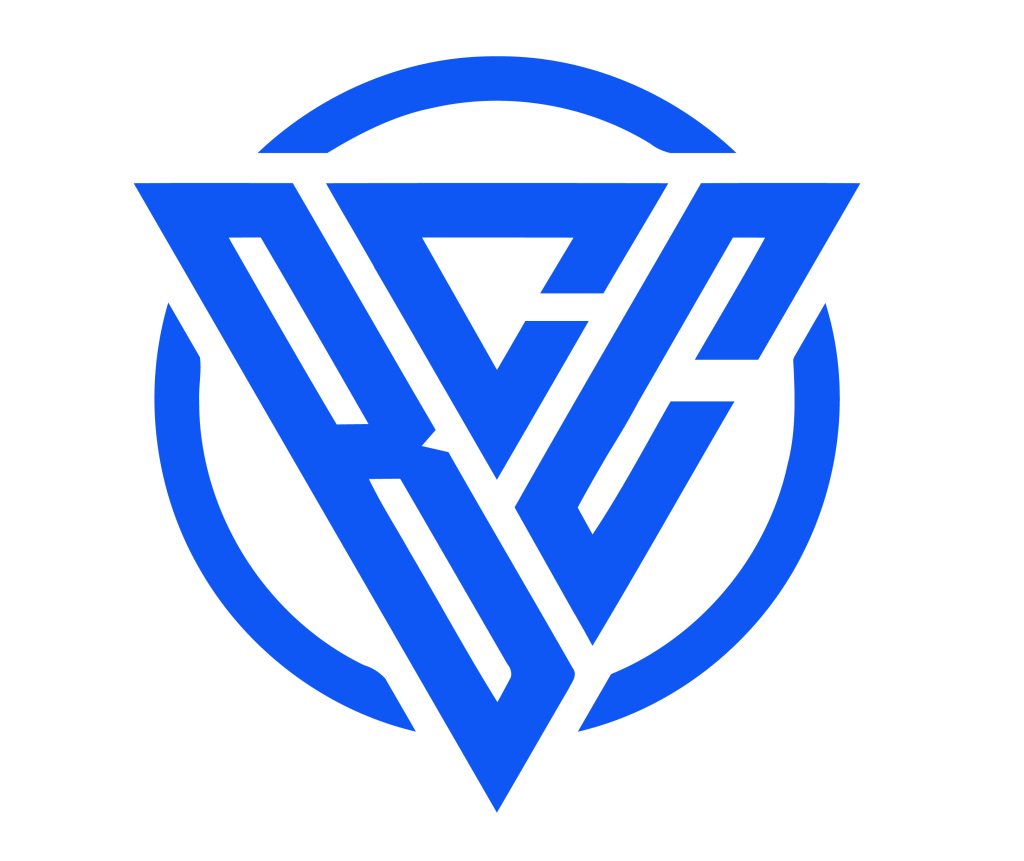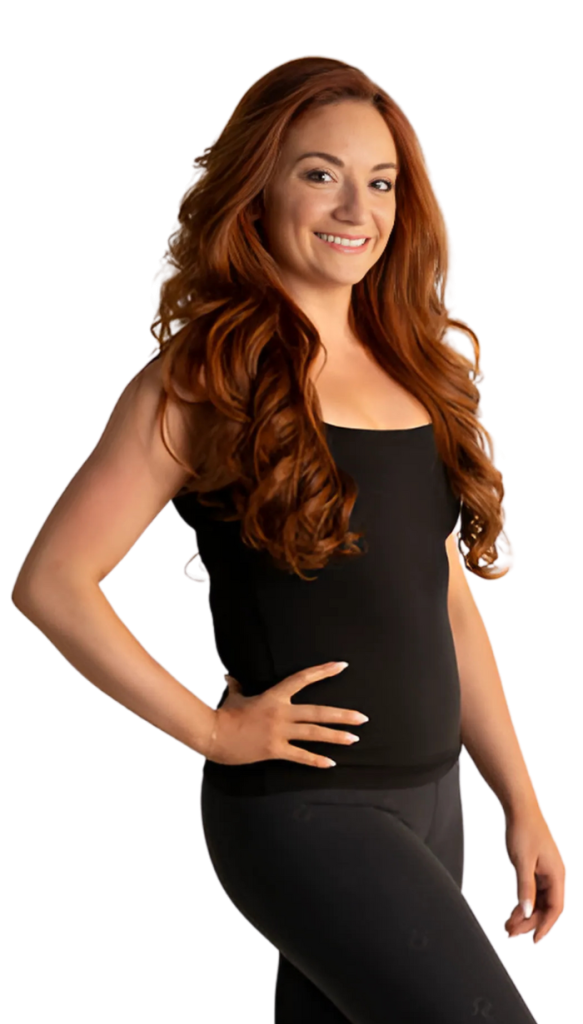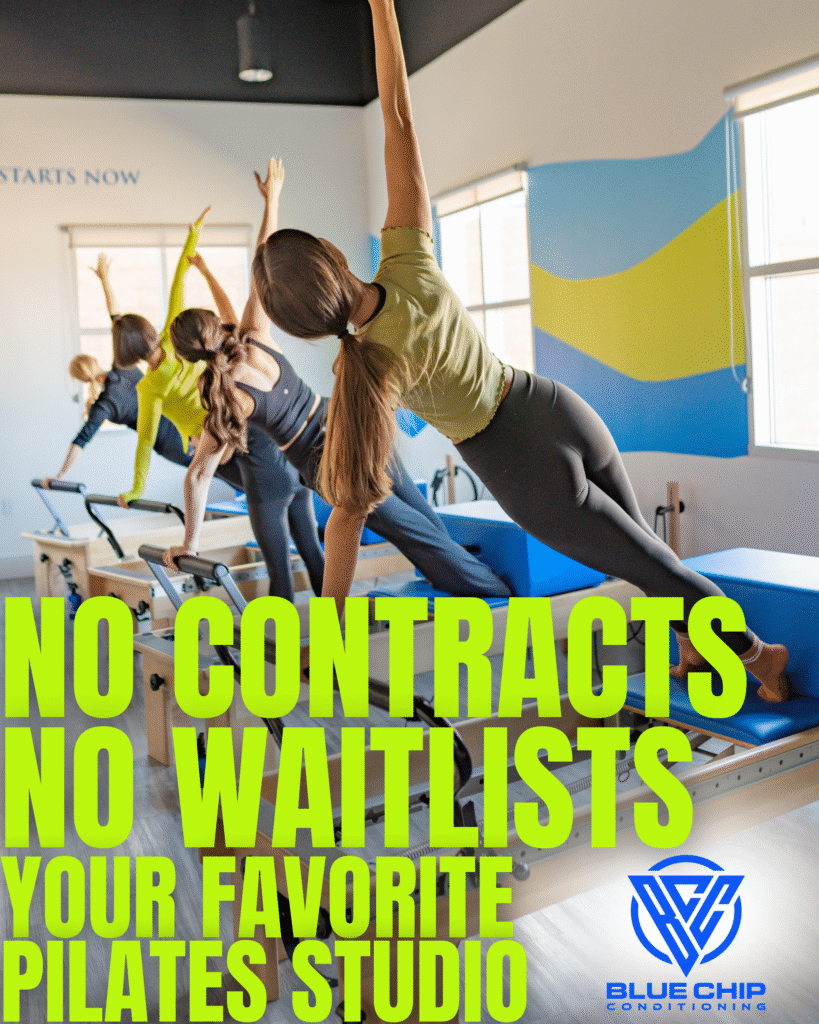Athletic excellence requires more than talent it demands guidance from a knowledgeable professional who understands the science and art of training. When searching for a top-tier coach specializing in elite athlete development, it’s essential to know what qualities, skills, and methodologies set them apart. Whether you’re a professional athlete, an aspiring competitor, or someone looking to elevate your fitness to the next level, understanding what to expect can ensure your investment pays off in measurable performance gains.
The key characteristics of the top coaches, including their training methodology, communication style, and integration of complementary techniques like Pilates classes to maximize athletic performance, will be discussed in this article.
Why Choose a Specialized Elite Athlete Development Coach?
Deep Understanding of Athletic Physiology
A highly regarded coach in the development of elite athletes is well-versed in human physiology, biomechanics, and the demands of a particular sport. They customize training plans according to the individual strengths, weaknesses, injury history, and competitive schedule of each athlete.
Evidence-Based Training Strategies
Elite coaches use the most recent findings in psychology, nutrition, strength and conditioning, and recovery rather than relying on antiquated or generic training regimens. This evidence-based strategy reduces the risk of injury while optimizing results.
Goal-Oriented and Personalized Programs
The top coaches create specialized programs that are in line with each athlete’s unique objectives, whether those objectives are to increase speed, power, endurance, or skill execution. As the athlete advances, these plans change on the fly.
Key Qualities of a Top-Rated Elite Athlete Development Coach
Expertise and Credentials
Seek out coaches who have earned certification from respectable associations like USA Weightlifting, the National Strength and Conditioning Association (NSCA), or sport-specific governing bodies. It’s also very helpful to have experience working with athletes at your level of competition.
Strong Communication Skills
Effective coaches clearly explain training objectives, provide constructive feedback, and motivate athletes to push beyond their limits safely.
Analytical and Observant
After identifying imbalances or inefficiencies through movement patterns and performance metrics, a great coach recommends corrective actions.
Commitment to Athlete Well-being
Elite coaches prioritize their health, including mental and physical well-being, and work with psychologists, physiotherapists, and nutritionists as necessary.
What to Expect in a Typical Coaching Program
Initial Assessment and Testing
Anticipate extensive testing to assess athletic abilities, strength, endurance, and mobility. The baseline for program design is established by these metrics.
Periodized Training Cycles
Periodization the methodical planning of training loads and intensities to peak at important competitions while preventing burnout—is a hallmark of skilled coaching.
Skill and Technique Refinement
Beyond physical conditioning, coaches emphasize technical skills, agility, and tactical awareness crucial for competitive success.
Recovery and Regeneration Protocols
A skilled coach integrates techniques like active recovery, sleep optimization, and modalities like massage or Pilates classes to improve tissue health because rest is just as important as training.
Integrating Cross-Training: The Role of Pilates Classes
Why Pilates Classes Complement Elite Training
Core stability, flexibility, balance, and body awareness are foundational for elite athletes. classes target these areas with controlled, precise movements that support injury prevention and improve overall movement efficiency.
How Coaches Use Pilates in Athlete Development
Many elite athlete development coaches integrate classes as part of the training regimen, either through direct instruction or collaboration with Pilates professionals. This cross-training approach fosters muscular symmetry and enhances neuromuscular control.
Communication and Motivation: What to Expect
Individualized Feedback
Expect your coach to provide detailed, actionable feedback after every session, helping you understand what you did well and where to improve.
Open Dialogue
A collaborative relationship is essential. Top coaches encourage questions, listen to concerns, and adjust programs based on your feedback and progress.
Psychological Support
Mental toughness is key in competitive sports. Coaches often use goal setting, visualization, and stress management techniques to strengthen your mental game.
Red Flags: When to Rethink Your Coaching Choice
One-Size-Fits-All Approach
If a coach relies solely on generic programs without personalizing your training, your progress will be limited.
Poor Communication
Inconsistent or unclear instructions can lead to frustration and mistakes, increasing injury risk.
Ignoring Recovery
A coach who neglects recovery and rest phases may push you into overtraining and burnout.
Measuring Success With Your Coach
Performance Improvements
Noticeable gains in speed, strength, endurance, or skill execution indicate effective coaching.
Reduced Injury Occurrence
Injury prevention and management should be a clear priority with proper technique and recovery integrated into your program.
Enhanced Confidence and Motivation
A strong coaching relationship boosts your confidence and drive to keep improving.
The Importance of Long-Term Athlete Development
Building Foundations
Elite athlete development is a marathon, not a sprint. Coaches emphasize gradual progress and sustainable habits that promote longevity in sport.
Adaptability
As you mature and your competitive landscape changes, your coach should adjust your training accordingly.
Conclusion
One of the most crucial choices for any serious athlete is choosing a top-rated elite athlete development coach. From individualized training and evidence-based techniques to incorporating supportive practices like classes, the right coach will improve your performance while protecting your health.
Seek out coaches who have a combination of scientific knowledge, lucid communication, and a sincere interest in your development. Under their direction, you can reach your greatest athletic potential and succeed consistently over the long term.
FAQs
What qualifications should a good elite athlete development coach have?
Look for certifications from recognized bodies like NSCA, USA Weightlifting, or sport-specific organizations. Experience coaching athletes at your level is crucial.
How do Pilates classes benefit elite athletes?
Pilates classes improve core stability, flexibility, balance, and muscle symmetry, which are essential for injury prevention and efficient movement.
How often should I train with an elite coach?
Most athletes train under expert supervision 3–5 times per week, supplemented with recovery and cross-training like Pilates classes.
Can an elite coach help prevent injuries?
Yes, injury prevention is a major focus through correct technique, balanced training loads, and recovery protocols.
What role does communication play in coaching?
Clear, open communication ensures you understand your program, can provide feedback, and stay motivated toward your goals.





